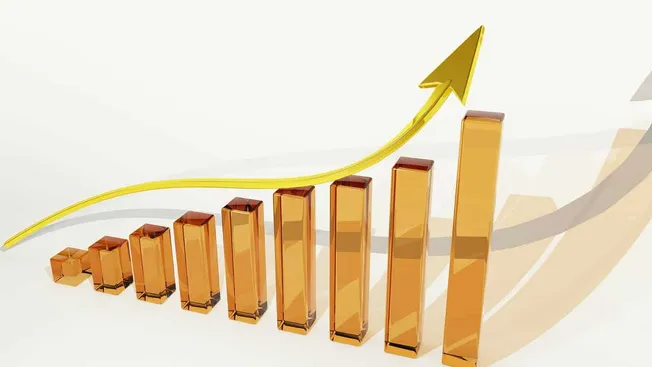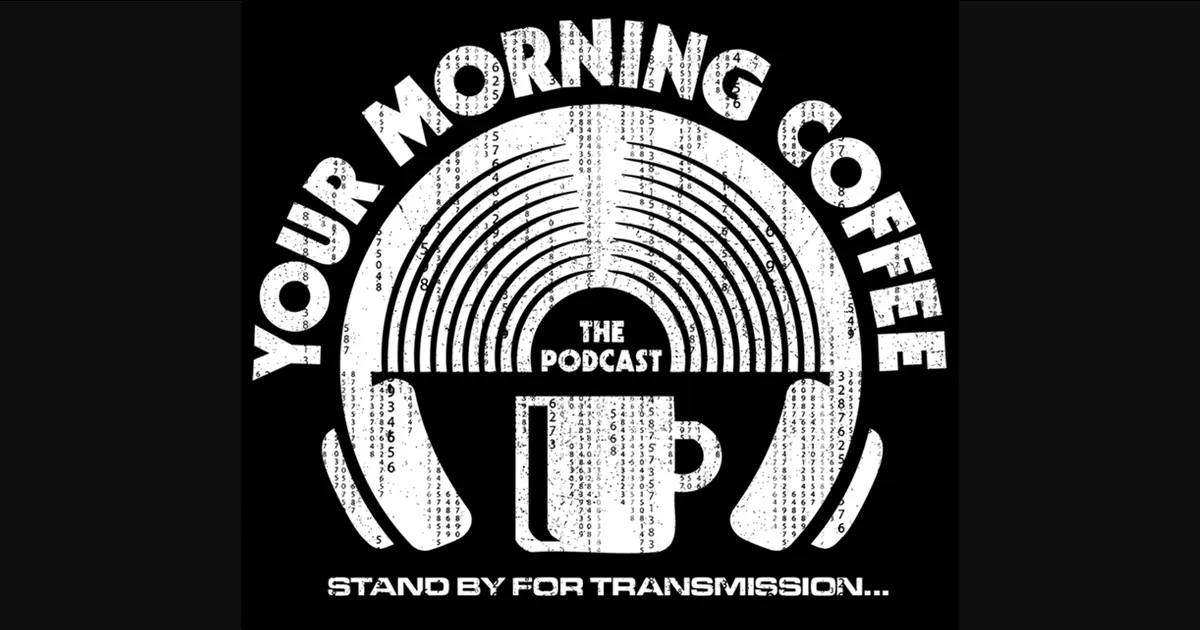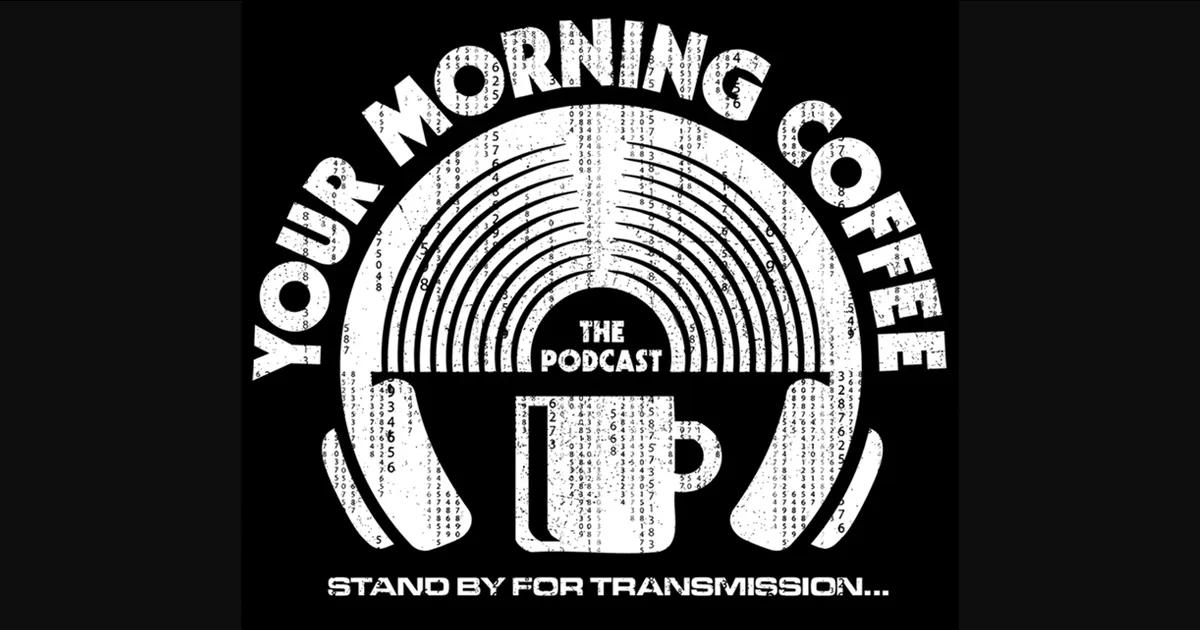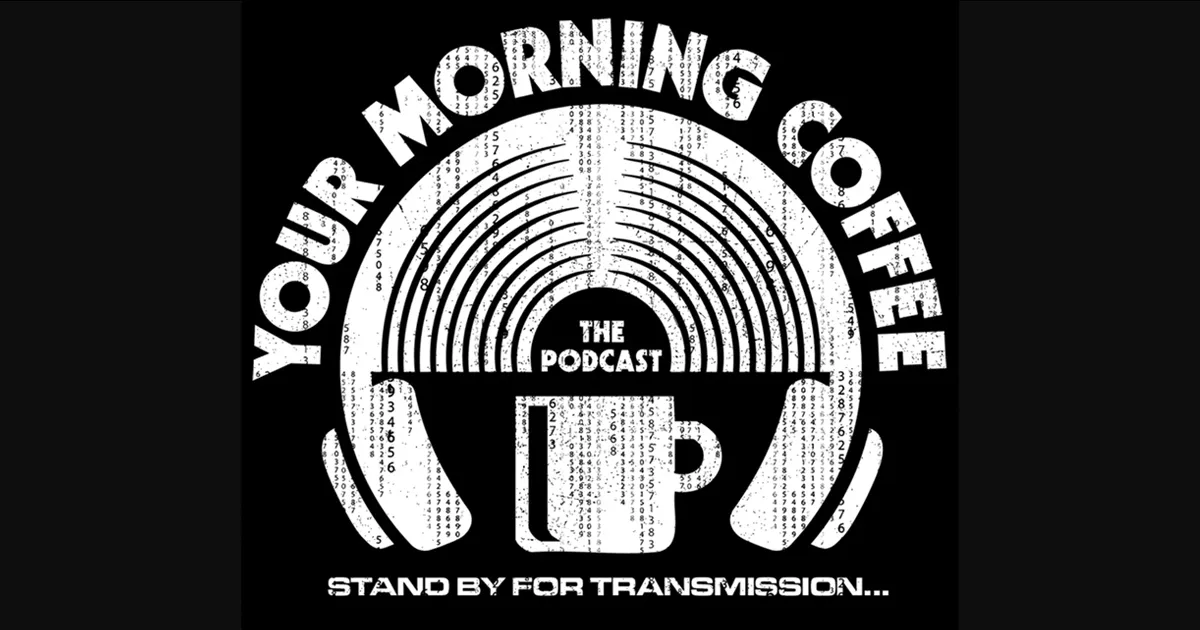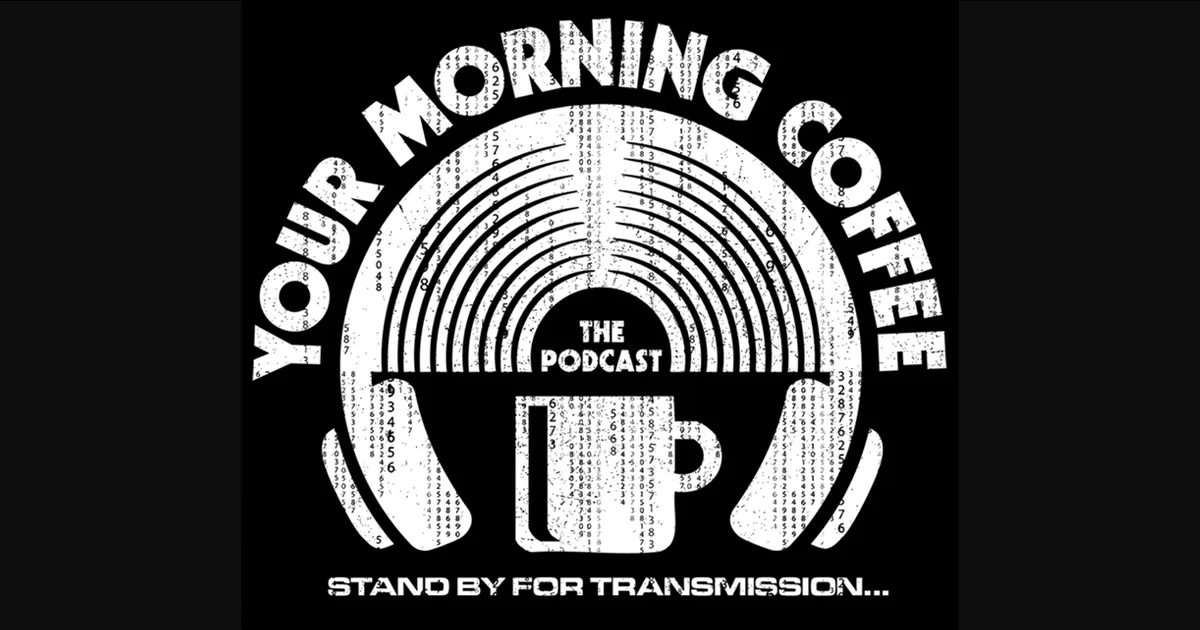With the likelihood of increased mechanical rates on the rise, we must now ask the question: How will this affect the digital music download pricing.
A guest post by CHRIS CASTLE of Music Tech Policy.
Now that we are moving slowly toward the implementation phase of a potential increase in mechanical rates for physical and downloads, we have to consider the reality of how the higher mechanical rates for songwriters and publishers will affect wholesale pricing. The biggest problem in focus is not the physical side as there can be flexibility there. The biggest problem is downloads where the wholesale price is essentially set by two of the biggest corporations in commercial history, Apple and Amazon. As members of the Trillion Dollar Market Cap Club, it is hard to understand why these people are so cheap.
It’s really a simple solution–if the Copyright Royalty Board sets mechanical rates higher, then that is an input cost of the good. There should be a corresponding increase in the wholesale price that may be passed on to the consumer or may be eaten by the retailer. Remember that there hasn’t been an increase in mechanical rates for downloads since 2006, a few years after iTunes Music Store launched. (There are no conspiracies, but there are no coincidences, either.) Remember, Apple unilaterally decided that indie labels should get 65¢ for a download for quite a while before deigning to pay indies the same 70¢ rate as majors thanks to A2IM’s intervention. The point being Apple decided to change that price, not the seller. They could do so again.
If the Judges get their increase in the mechanical rate, Apple and Amazon should allow copyright owners to increase their prices to offset the rate. If these Trillion Dollar Market Cap Club members fail to do so, then copyright owners could well ask the songwriters to take a lower rate on downloads–solely because of inflexibility by Apple and Amazon. Remember, illegal price fixing can be an agreement that is inferred from conduct among “competitors” to raise, lower, maintain, or stabilize prices. In our case, there’s only the two companies–Bandcamp, etc., allow the seller to set their own prices (nice of them).
The problem with increasing the download mechanical is the same as the failure to increase physical mechanicals–why should songwriters have to subsidize profits from below market pricing of these behemoths?
If the price doesn’t increase, then in a functioning market one would expect that copyright owners would start pulling recordings from Apple and Amazon because they can’t afford to stay in. As download sales decline, this gets to be an easier and easier decision to make, particularly since we keep hearing that the entire outlet may get shut down (although that never seems to happen).
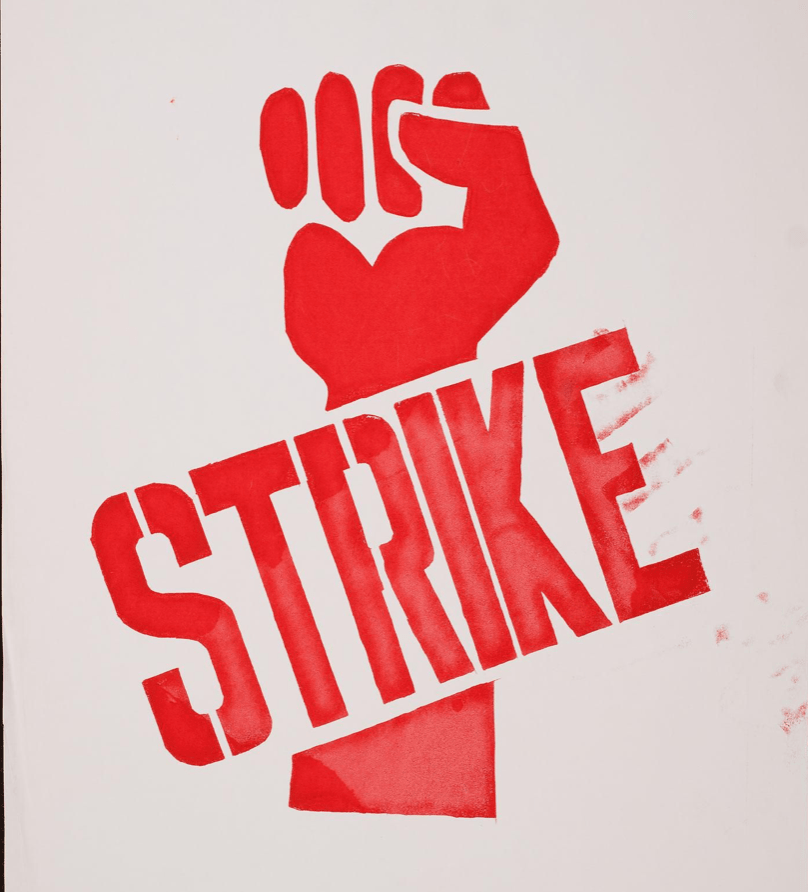
That threat may get made again if copyright owners need to increase prices and the trillionaires refuse to allow it–which may require an appearance by Mr. Sherman in Seattle and Cupertino.
But why should we have to threaten each other after all these iPods, iPhones and Alexas? There should be no question that Apple and Amazon want to support songwriters and will increase wholesale prices with the knowledge that the increase will be passed along to cover mechanicals.

